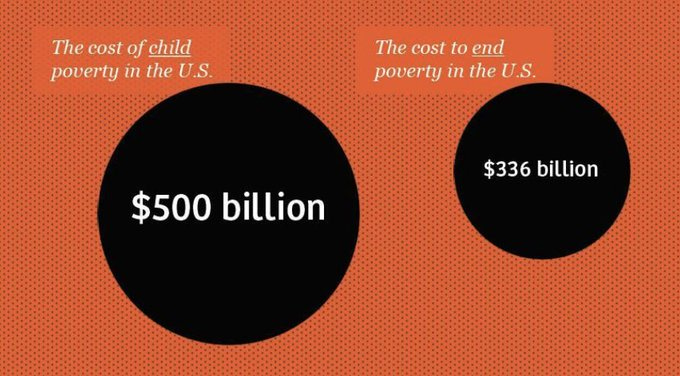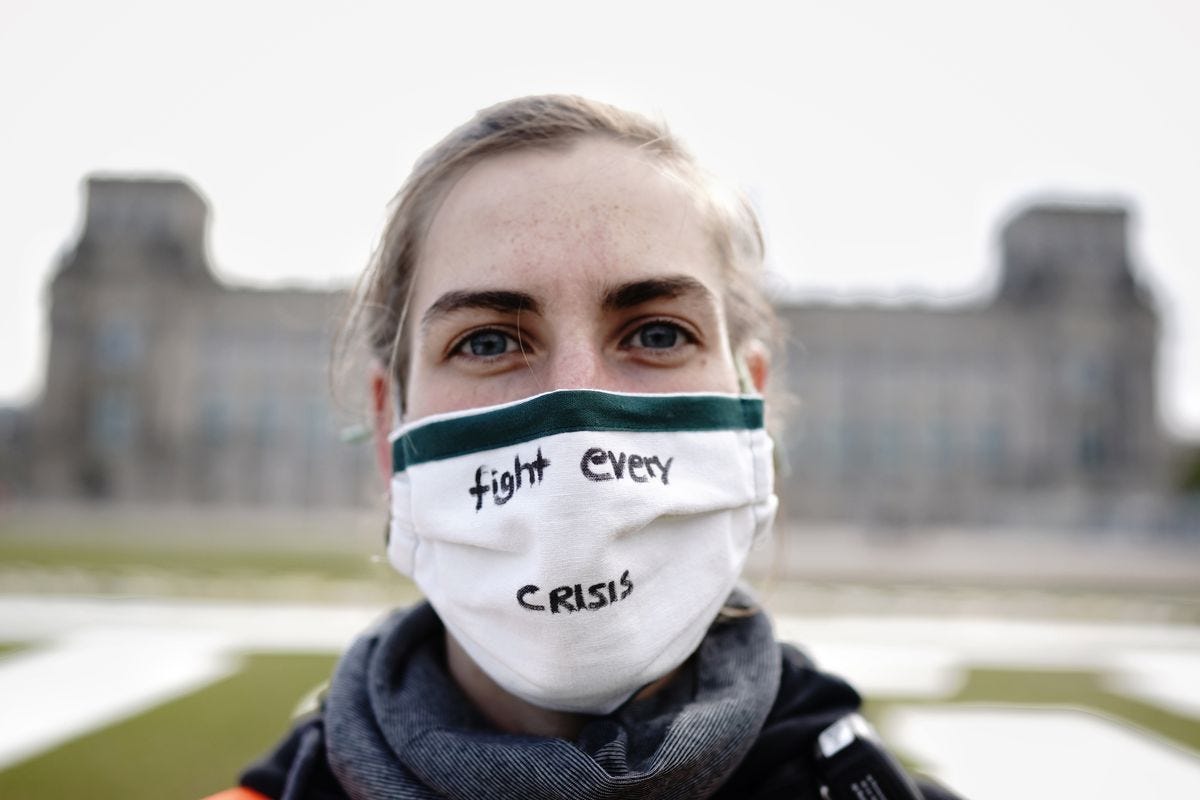Not an emotional 2020 roundup by the Green Fix
No really, it isn't.

Fixing global problems is easy.
No, it is. We already know how to tackle rising carbon emissions. We know how to address poverty. We know how to save species. We know what we need to fix social inequalities.
The trouble is, we’re mired in a neverending stream of, well, bullshit.
Politicians tell us that fixing the climate crisis and social injustice is expensive, complicated, and time-consuming. And we’re so busy trying to debunk this stream of misinformation and fake news, and preventing a world that we don’t want, that we hardly have time to say what we do want.
Remember how we were taught not to engage with trolls in YouTube comments? Same principle. As long as we’re distracted by reacting and debunking, we’re always on the back foot.
Let’s change that. Climate solutions, science, and justice in action should be the headline news - let the polluting companies and opposing politicians be the ones to try and scramble to disprove the facts.

That means less time despairing about what has gone wrong, more time creating solutions to prevent it happening again. Less time saying ‘food waste is so awful because XYZ’ and more time saying ‘Let’s see what my local shop does about its leftover food. Maybe we can come up with a way to avoid it going to waste.’
Do we still need to hold corporations and governments accountable for their lies and corruption? Of course. Focus on holding the most powerful accountable, rather than rushing to disprove the stream of endless bullshit churned out online: stemming that tide is a useful effort.
It is far more powerful, far more effective, and far easier to simply act on your values, even when it’s difficult and even if it goes against the norm. Justice, solidarity and care will always cut through the noise.
***
The Green Fix is collaborative: I write about what you want to hear about. This relies on people sending in their questions and suggestions. Shape the newsletter by taking part in the Instagram polls and filling in this feedback survey.
***
HELP ME SHARE THE GREEN FIX. I run The Green Fix for free, in my own time, alongside a full-time job *world’s tiniest violin starts playing*. This means I don’t always (read: never) have the time to promote it as widely as I’d like to. If you like this newsletter, please help me by sharing it using the button here:
What’s Going On?
Instead of the usual roundup, this week I want to share some 2020 climate milestones:
Renewable energy formed 90% of the new power created in 2020, according to a report by the International Energy Agency.
Useful: The Green Fix on ‘what is clean energy?’President-Elect Biden’s climate plan is the most ambitious plan in US history.
Useful: Will Biden’s climate plan be enough?The number of governments and businesses commitments to net-zero carbon emissions by 2050 doubled in a year.
Relevant: What does ‘net zero’ mean and why 2050?Kenya’s elephant population has more than doubled in the last decades.
Relevant: Why are elephants endangered?Farmers in India led the biggest protest in world history against new unfair agriculture laws.
Relevant: What is the global impact of the India protests?
Focus On… 2020 & the Climate
Shalaka Laxman from Kwip, a weekly newsletter about sustainability and innovation, takes a look at how the climate fared during COVID-19.

As 2020 comes to a close, we wanted to spend some time diving into the impacts of COVID-19 on our planet. The way we live may have changed (perhaps forever) and the legacy of this pandemic will be with us for years.
Here are the main impacts to our planet from the pandemic:
Improvements in air pollution due to lockdowns are temporary
When the lockdowns first began across the world, we saw air pollution levels drop dramatically (back to daily levels last seen in 2006). While this was positive news at the time, concentrations of CO2 in the Earth's atmosphere are still rising and the drop in emissions will only be temporary unless we tackle the root causes by changing the way we live.
The International Energy Agency has called for a global investment of $1 trillion to speed up the move to zero-carbon energy (creating 9 million jobs while reducing emissions by 4.5 billion tonnes globally).
[Related: What is clean energy?]

Food and plastic waste has risen during the pandemic
During a time when millions of people are going hungry, mountains of food have been thrown away because the pandemic shuttered restaurants and shops. With much of the waste dumped in landfills, methane levels could increase as a result (methane is 20 times more potent than CO2 as a greenhouse gas).
Single-use plastics are on the rise too from disposable masks to plastic cups. COVID-19 threatens to stall or even reverse the progress we made to reduce global plastic waste - in the UK alone, illegal dumping of trash has risen dramatically in some areas during the pandemic.
[Related: 20 easy ways you can fight food waste]
Millions more people could be pushed into extreme poverty
Up to 175 million people are expected to be pushed into global poverty by the pandemic and shrinking global GDP, according to a report by the World Bank (an income below $3.20 a day), two-thirds are in South Asia - only a robust global recovery can reverse this trend.
Looking after the environment could help prevent future pandemics and we can use the lessons learned from this current crisis to build back better. In order to do this, we need to choose policies and actions that protect nature, so that nature can help to protect us.
You can stay updated on the latest happenings in the worlds of sustainability and innovation by subscribing to kwip, a weekly newsletter that arrives in your inbox every Monday morning.
So Now What Do I Do?
Not everything should go back to ‘business as usual’ post-Covid. Here’s how you can create a new, more sustainable normal.
LEARN MORE
Why was 2020 the year that everything seemed to fall apart?
Find out 21 predictions by climate leaders for 2021.
Sign up to this free online course on Climate Change Solutions by the University of Exeter.
TRY SOMETHING NEW
Pledge to go flight free (or partially flight-free) in 2021.
Sign up for Veganuary this January and try plant-based for a month.
Misinformation holds back progress. One of the most effective things you can do is learn how to spot misleading or fake news & counter it, and get your information from fact-checked sources instead.
CHANGE THE SYSTEM
Register to learn about climate solutions at the online Climate Adaptation Summit on 25-26 January.
Join the UN’s new #GenerationRestoration campaign to restore nature and ecosystems before 2030.
Contact your local, regional & national politicians to demand better climate action. (Site is Ireland-specific but the general guidance applies).
Are you making any sustainable resolutions for 2021? Let me know by leaving a comment below!
If you have a topic you want the Green Fix to cover, fill out this feedback form & tell us your idea!
Stay in the loop
I share updates on the Green Fix, polls and additional resources on Instagram @coffee_and_casstaways. You can also say hi on Twitter.
Know someone interested in environmental issues? Forward this email to them - we want to reach people who care about doing more for the planet, with your help!


